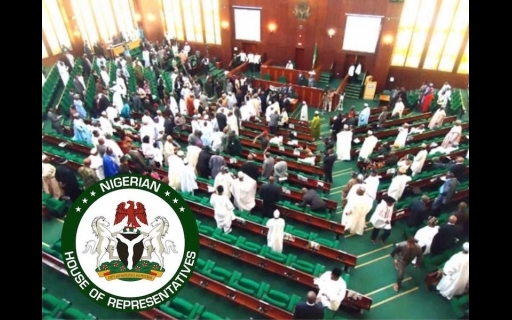Recall that in June 2015, the Central Bank announced that some 41 items were “Not Valid for Foreign Exchange” because they could easily be produced in Nigeria rather than being imported into the country.
Some of the affected items include rice, cement, margarine, palm kernel, palm oil products, vegetable oils, meat and processed meat products, vegetables and processed vegetable products, poultry, tomatoes/tomato paste, soap and cosmetics, and clothes.
Other items include private aeroplanes/jets, Indian incense, tinned fish in sauce, cold rolled steel sheets, galvanized steel sheets, roofing sheets, wheelbarrows, head pans, metal boxes/containers, enamelware, steel drums and pipes, wire mesh, steel nails, wood particle boards, and panels.
Equally affected were security and razor wire, wood particle and fibre boards and panels, wooden doors, furniture, toothpicks, glass/glassware, kitchen utensils, tableware, tiles (vitrified, ceramics), textiles, wooden fabrics, plastic/rubber products, polypropylene granules, and cellophane wrappers.
The CBN subsequently added fertiliser and maize/corn to the list of banned items.
However, On 12 October 2023, the CBN announced the restoration of the 43 items to the official FX platform.
President Bola Tinubu had on Monday, during an appearance at the Nigeria Economic Summit held in Abuja, explained the reason for the policy.
According to him, “You’ve heard that the CBN removed about 43 items, I’ve read all the comments, but there must be a clear line between monetary policy and fiscal policy.
“Are these items on trade embargo? No. You simply move them to the parallel market. Let’s compete with whatever is available so that the government will work hard and increase the economy’s investment. “







